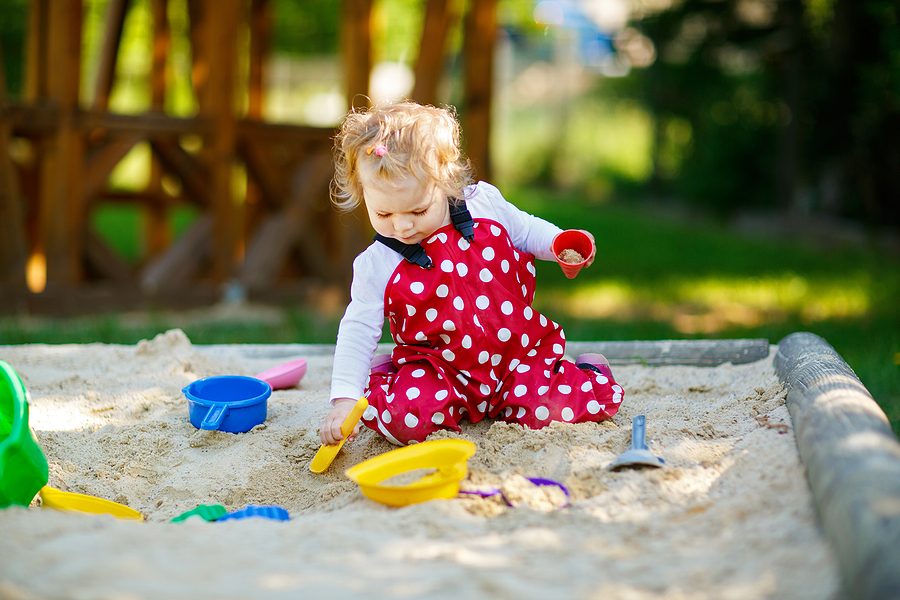Abuse in schools is an unfortunate reality that can have devastating consequences. Children may experience many forms of abuse at school. All of them can result in physical and emotional trauma. Your child, however, has certain rights after school abuse occurs, like the right to recover damages associated with their injuries.
The attorneys with Sand Law will be ready to help if you suspect your child suffers abuse at school. We’ll thoroughly investigate to determine all responsible parties and then work to help you achieve justice. Use our online form or call 651-291-7263 for a free consultation.

Types of School Abuse
The four most common types of school abuse include physical, emotional/psychological, sexual, and neglect. Here’s a detailed look at each.
Physical Abuse
School physical abuse typically occurs in two forms: corporal punishment and assault. Some schools use corporal punishment as a disciplinary measure involving excessive physical force, such as paddling or spanking, to correct a child’s behavior. Minnesota law bans the use of corporal punishment.
Assault occurs when school staff or peers subject a child to physical harm. It can range from minor physical altercations to severe acts of violence, leaving the victim with injuries that may require medical attention.
Emotional and Psychological Abuse
Emotional and psychological abuse occurs far too often as well. These forms of abuse can take many forms, including bullying, humiliation, and verbal harassment. Here’s a brief look at each.
- Bullying involves repeated aggressive behavior, such as name-calling, teasing, or intimidation, that targets a child, causing emotional distress and harm. The CDC (Centers for Disease Control) reports that 20% of children say they’ve suffered bullying on school property.
- Some teachers or peers may engage in humiliating behavior, such as publicly shaming or belittling a child, which can severely damage their self-esteem and emotional health.
- Continuous verbal harassment, insults, or threats can lead to emotional and psychological trauma, affecting a child’s mental well-being.
Sexual Abuse
Sexual abuse within schools is profoundly distressing and can encompass unwanted advances, lewd comments, or inappropriate touching by school staff or peers. In extreme cases, children may be subjected to sexual assault or rape by individuals within the school environment. Research indicates that nearly 10% of students in grades 8-11 say they’ve encountered unwanted sexual misconduct at school.
Sexual abuse can lead to profound emotional and psychological consequences, including post-traumatic stress disorder (PTSD) and long-term emotional challenges.
Neglect
Neglect involves failing to provide children with basic needs and adequate supervision, leaving them vulnerable to harm. Neglectful behaviors by schools may include:
- Failure to ensure safety: Schools may neglect safety measures, exposing children to potential hazards.
- Inadequate supervision: Inadequate supervision can lead to accidents or incidents of abuse going unnoticed.
- Failure to provide basic needs: Neglect may extend to failing to provide food, clothing, or medical care.
Signs of Abuse in Children
Recognizing the signs of abuse is crucial for early intervention. For example, abused children may exhibit significant behavioral changes, such as withdrawal from social activities, increased aggression, mood swings, or sudden and unexplained shifts in their behavior.
Abuse can lead to declining academic performance, losing interest in school, and difficulties concentrating on studies. Unexplained bruises, injuries, or physical discomfort should also raise concerns, especially if these injuries recur.
Children who fear going to school, experience nightmares related to school or their experiences, or display signs of anxiety and depression may be abuse victims.
Immediate Steps to Take if You Suspect Abuse
Please take the following actions if you believe your child is suffering school abuse. The sooner you act, the better the chances you can stop whatever your child is experiencing.
- Talk to your child: Create a safe and non-judgmental space for your child to share their experiences and feelings. Encourage open communication.
- Document everything: Record any visible injuries, behavioral changes, and conversations related to the abuse. Document dates, times, and individuals involved.
- Report the abuse: Contact school authorities, local law enforcement, and child protective services immediately to initiate an investigation and ensure your child’s safety.
- Seek medical attention: If your child has sustained physical injuries, seek prompt medical care to address their physical well-being and document injuries.
Your Child’s Legal Rights After School Abuse
Children have specific legal rights to protect them in cases of school abuse. For instance, every child has the right to learn in an environment free from harm or mistreatment. They also have the right to report abuse without fear of reprisals from school staff or peers.
Children involved in abuse cases also have the right to legal protection and representation to safeguard their interests. There are many instances where children may be entitled to compensation for the harm they have endured, including medical expenses and emotional suffering.
How the Law Protects Victims of School Abuse
The legal framework in the United States provides essential protections for school abuse victims through a combination of relevant federal and state laws, the role of Child Protective Services (CPS), and legal consequences for perpetrators.
The Individuals with Disabilities Education Act (IDEA) safeguards the rights of students with disabilities, including protection from abuse or neglect. It mandates that schools provide students with disabilities a public education in a safe environment.
Minnesota’s school safety laws include provisions for preventing and addressing school abuse, bullying, and maltreatment. They mandate that schools develop and implement policies to ensure student safety.
Child Protective Services (CPS) agencies investigate allegations of abuse, neglect, or maltreatment involving children. When abuse occurs within a school setting, CPS may become involved to ensure the child’s welfare.
CPS agencies have the authority to protect children from further harm immediately. This may involve removing a child from an unsafe environment or implementing safety measures to ensure their well-being. They often collaborate with law enforcement, educators, and other professionals to investigate school abuse cases comprehensively.
Legal Consequences for Perpetrators
Perpetrators of school abuse can face accountability in many ways, including the following:
- Criminal charges: Perpetrators of school abuse may face criminal charges, depending on the nature and severity of the abuse. This can include charges such as assault, sexual assault, or child endangerment.
- Fines and imprisonment: Convicted perpetrators can be subject to fines and imprisonment, ensuring that those who commit acts of abuse face significant legal penalties. For example, someone convicted of neglecting or endangering a child could face a prison term of 1-5 years and fines between $3,000-$10,000.
- Civil liability: Besides criminal charges, perpetrators may be subject to civil lawsuits filed by the victims or their families. These lawsuits seek compensation for damages and can result in financial liability for the perpetrator.
The Role of an Attorney in School Abuse Cases
An attorney plays a pivotal role in school abuse cases in many ways. They collect and analyze evidence to build a strong case against the perpetrator or institution responsible for the abuse. Lawyers also advocate for the child and their family in legal proceedings, protecting their rights and interests.
Maybe the most important way an attorney can help, however, is by seeking justice and compensation. Skilled attorneys work to hold those responsible accountable for their actions. They may also pursue compensation for the child’s medical expenses, therapy, and emotional suffering.
Preventative Measures for Parents
Parents can take proactive measures to protect their children. Here are just a few.
- Open communication: Maintain open and honest communication with your child to create a safe space to share their experiences and feelings.
- Regular check-ins: Speak with teachers, school staff, and other parents as often as possible to stay informed about your child’s well-being and any concerns related to their safety. Don’t hesitate to ask detailed questions so you have the best picture of your child’s school experiences.
- Educate your child: Ensure they know their rights, boundaries, and the importance of reporting abuse. Encourage them to speak up if they face mistreatment.
- Advocate for school policies: Be an advocate for school policies that prioritize student safety, address issues related to abuse, and ensure adequate supervision and training for school staff.
Contact a Personal Injury Attorney Today to Have Your School Abuse Case Evaluated
If you suspect your child has experienced abuse in school, seeking legal advice from a Sand Law personal injury attorney is crucial in protecting their rights and pursuing justice.
We’ll guide you through the legal process and help ensure that those responsible for the abuse are held accountable. Contact us online or call 651-291-7263 for a free case review.

